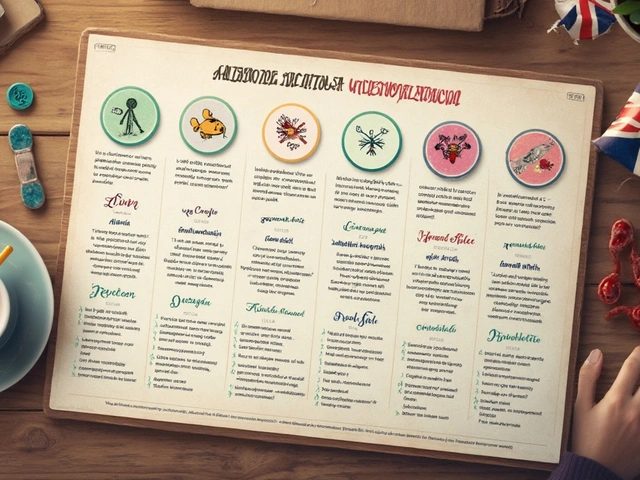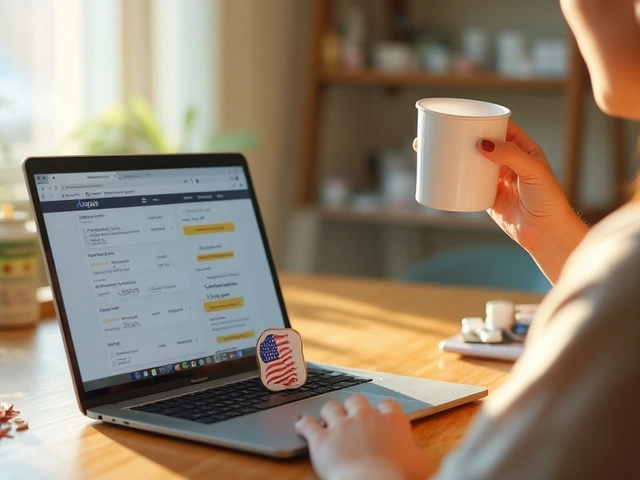Pet Care: Safe Meds, Supplements & Everyday Health
Pets are family. When they get sick or need supplements, you want the right steps fast. This page gives clear, practical advice on keeping pets healthy, using medications safely, and buying pet meds online without risking their wellbeing.
Medication Safety: what to check before giving anything
Never give your pet a drug without checking with a vet. Human medicines that seem harmless can be dangerous for animals. Acetaminophen and ibuprofen, for example, are toxic to many pets. Also watch out for xylitol, a sweetener that can cause low blood sugar and liver failure in dogs.
When your vet prescribes something, follow the exact dose, time, and length of treatment. Use the measuring device that comes with the medicine—teaspoons and kitchen tools are unreliable. If your pet spits out a dose or vomits right after taking it, call your vet; treatment may need to be repeated or changed.
Keep a short med chart in your phone: drug name, dose, time given, and any side effects you notice. This makes vet visits easier and helps spot problems early. Common warning signs that need urgent attention include severe lethargy, difficulty breathing, repeated vomiting, collapse, or seizures.
Everyday health: prevention, supplements, and buying meds
Prevention saves money and stress. Regular parasite prevention (flea, tick, heartworm) is often cheaper than treating an infestation. Vaccines protect against serious diseases—stick to the schedule your vet recommends.
Supplements can help, but they aren’t magic. Glucosamine and omega-3s help joint and skin health in many pets, but results vary. Ask your vet if a supplement is right, and choose products from reputable brands that list ingredients and dosages.
If you buy meds online, use licensed pharmacies that require a vet prescription. Look for clear contact info, physical address, and a pharmacist you can call. Beware of sites offering prescription meds with no prescription or huge discounts—those are often unsafe or fake.
Store medicines out of reach, in original containers, and away from heat and moisture. Dispose of expired meds safely; many vets or pharmacies offer take-back programs.
Grooming, diet, and routine checks matter. Brush your pet, trim nails safely, and check ears and teeth regularly. Feed a balanced diet for your pet’s age and health—ask your vet before switching foods suddenly. Small daily actions add up to big health wins.
If you're unsure about anything—dosing, side effects, or buying online—call your vet. Quick questions now can prevent an emergency later. Your vet is the best partner in keeping your pet safe and happy.
Ever heard your dog or cat making odd hiccup noises and wondered what’s going on? This article unpacks why pets get hiccups, what triggers them, and if you need to worry. You’ll learn how to spot when it’s normal and when it needs a vet visit. There’s also simple advice for treatment at home and smart ways to keep hiccups from happening. By the end, you’ll feel a lot more confident dealing with pet hiccups.
View Details

